A Feedmill Dryer | 100kg Capacity refers to a machine designed to dry feed or grain in a feedmill operation, with the “100 capacity” likely indicating the machine’s drying capacity, typically measured in kilograms per hour (kg/hr) or tons per hour (t/h). This equipment is essential for removing moisture from raw materials like corn, soybeans, or finished feed to ensure proper storage and quality.
Key Features of a Feedmill Dryer | 100kg Capacity:
Drying Capacity
-
- Typically 100 kg/hour or 100 tons/hour, depending on the scale of the equipment.
- Suitable for small to medium-sized feedmills or as part of a larger feed production system.
Applications
-
- Used for drying raw materials before grinding and mixing.
- Helps in moisture control to improve the quality and shelf life of feed.
- Suitable for poultry, livestock, and aquaculture feed production.
Operation Process
-
- Heat Source: Uses gas, electricity, diesel, or biomass as the primary heat source.
- Drying Mechanism: Includes hot air circulation or rotary drum systems that evenly distribute heat for uniform drying.
- Moisture Control: Equipped with sensors to monitor and maintain the desired moisture levels.
Design and Features
-
- Material Compatibility: Can handle grains, pellets, or powder-based feed ingredients.
- Efficiency: Designed to save energy while achieving uniform drying.
- Construction: Made of durable materials like stainless steel or carbon steel to withstand continuous operation.
- Automation: Many modern dryers are equipped with digital controls for precision and ease of use.
Benefits of Using a Feedmill Dryer | 100kg Capacity:
- Improved Feed Quality: Reduces the risk of mold and spoilage by maintaining optimal moisture levels.
- Enhanced Storage: Prevents clumping and degradation during storage or transport.
- Energy Efficiency: Modern designs reduce energy consumption while maintaining effectiveness.
- Consistency: Ensures uniform drying, improving the overall quality of feed.
Considerations for Selection
- Capacity Needs: Ensure the dryer can handle the feed volume of your mill.
- Energy Source: Choose a dryer compatible with your available energy resources (electric, diesel, biomass).
- Durability and Maintenance: Opt for a model with robust construction and low maintenance requirements.
- Cost: Prices vary based on size, features, and manufacturer. A 100 kg/hr model may range from $5,000 to $20,000, depending on specifications.
Maintenance Tips
- Regularly clean and inspect the dryer for dust and debris.
- Lubricate moving parts as recommended by the manufacturer.
- Calibrate sensors periodically for accurate moisture readings.
- Check heat source components for efficiency and safety.
Additional information
| Weight | 300 kg |
|---|

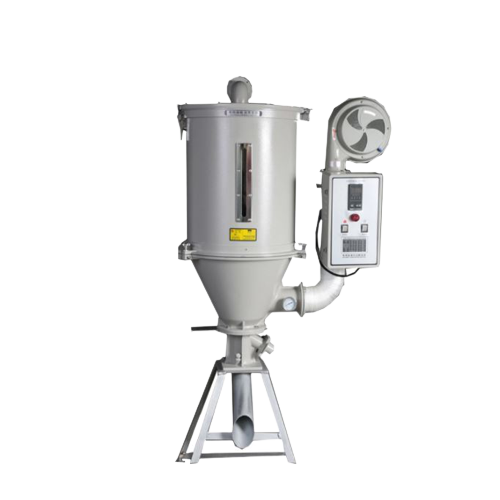

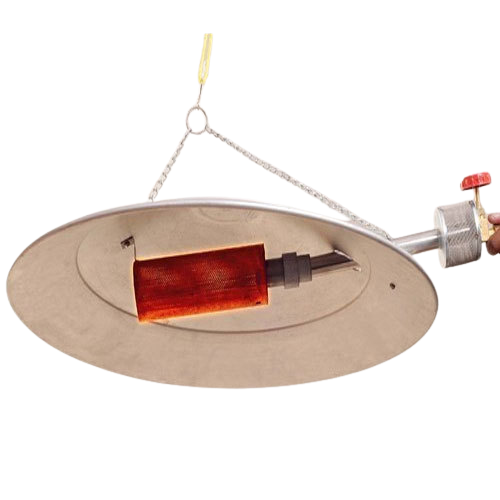
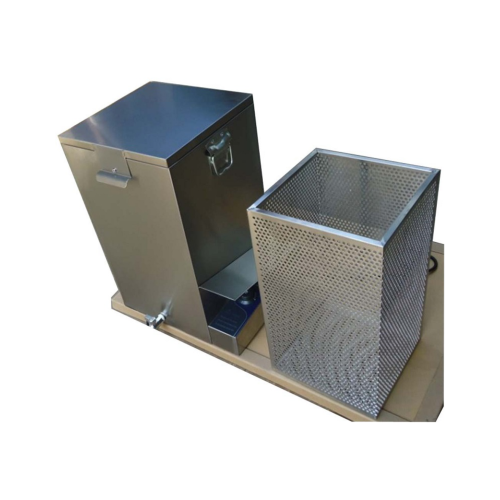

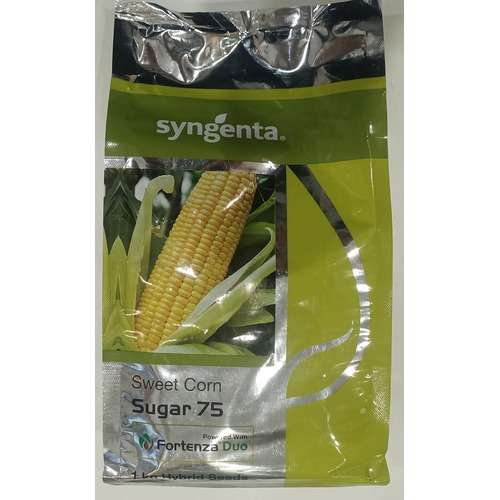
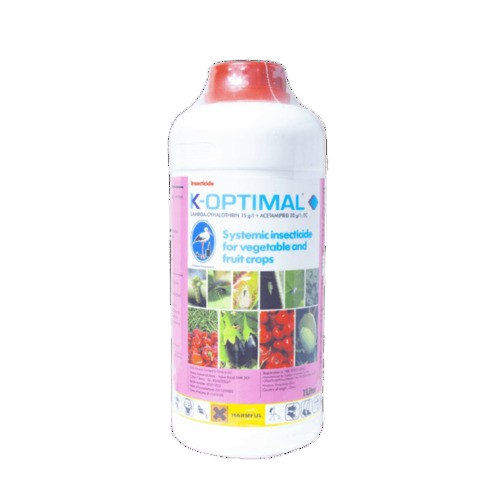

Reviews
There are no reviews yet.